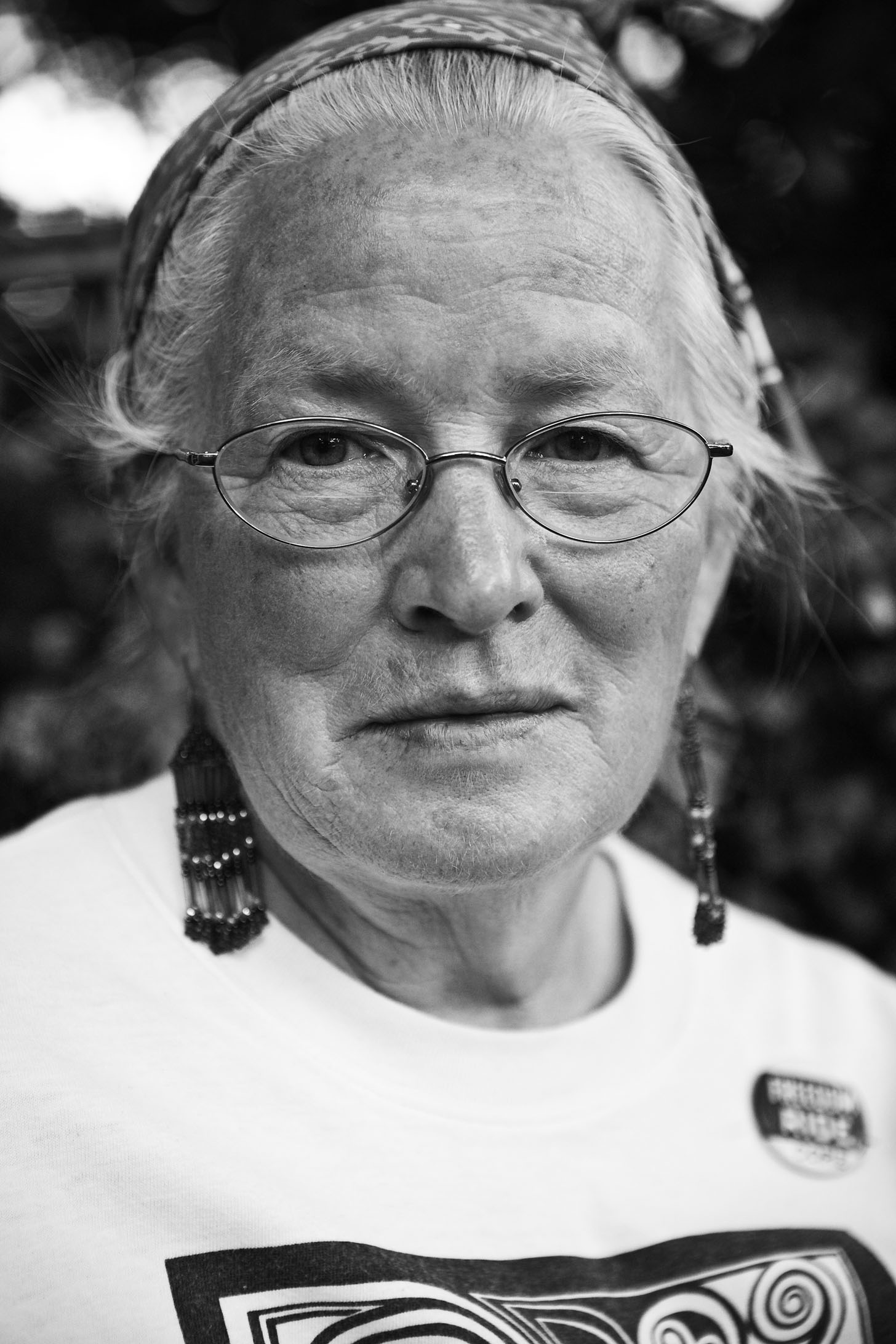She Stood for Freedom: Author Interview
Joan Trumpauer Mulholland's story of a white girl and woman playing a part in the Civil Rights movement of the 1950s and 1960s in America is told in the book She Stood for Freedom. Joan answered a few questions about her experiences: Q: How did you keep going in the face of such determined hatred? A: What choice was there? As a Southerner, I understood where the opposition was coming from and that there was no "turning back." Besides, the Movement became family. 
Q: You faced vehemence from many whites. Was the response from the black community anything more than a curiosity? You mentioned the ghost story; do you have others, maybe one other example of how you were initially distrusted but then accepted? A: Response from Black community. Whenever I got involved in some action, it was at the invitation of the Blacks leading the activity. Even applying specifically to Tougaloo was at the suggestion of folks in SNCC, and by the 2nd year I was pretty much just another student (as far as the students were concerned--visiting white folk were less clear about who I was.) Q: How different do you think things are in today's America, both North and South? I'm thinking of both adults in society and kids in school. A: I think most kids see people as people--they either like (or don't) people based on the "content of their character." Adults, especially in the current political climate, haven't come as far in thinking that way. But at least when a Black man is killed (as for no good reason by the police) there is big publicity, which there sure wasn't decades ago. That is progress. B: You persevered because you believed in doing what was right. Do you see a similar cause today for which you believe should so persevere? B: I think the role of my generation today is to "have the back" of the younger generation as they take on issues. We can offer inspiration, ideas, and practical help (like food and transportation). I'm not ready to "take to the streets" (and jail) right now (health issues for one thing), but I speak out A LOT, basically saying that the bottom line is respecting everyone and treating them the way you'd want to be treated. Q: Who are your heroes living today? Why? A: I'm tempted to skip this one--no big hero dominates. But, the Canadian Prime Minister welcoming the Syrian refugees in Toronto, then Syrian refugees collecting money to help the folks fleeing the fires in northern Alberta. Also Bernie Sanders for raising so many issues and sticking with it. Any kid who helps/stands up for/befriends another who is being bullied, looked down on for who they are (think language, religion, race, etc.). Those sorts of people are my heroes and give me faith in the future. |
|
Social Studies for Kids
copyright 2002–2024
David White




